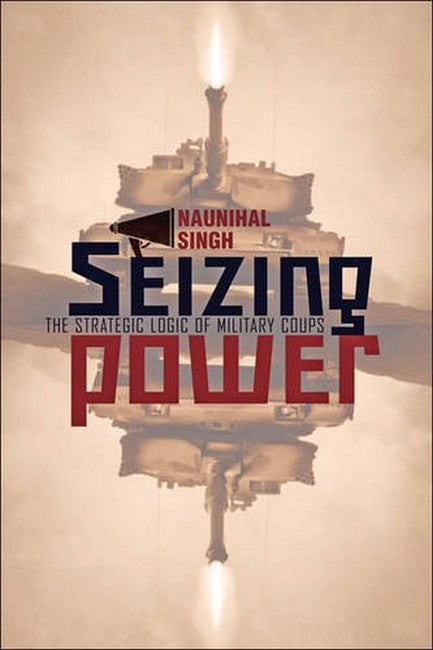List of Figures and Tables
Acknowledgments
1. Introduction
The Importance of Understanding Coups
Understanding Coup Outcomes and Dynamics
Other Theoretical Explanations
Background of Cases
Overview of Chapters
2. Theory
Coups as Battles
Coups as Elections
Coups as Coordination Games
Conclusion
3. Counting Coups
Understanding Coup Attempts
Understanding Coup Outcomes
Understanding Coup Levels
Limitations
Conclusion
4. Coups from the Top of the Military
A Theory of Coups from the Top
The Case of Ghana, 1975
Ghana, 1978
Conclusion
5. Coups from the Middle
A Theory of Coups from the Middle
Ghana, 1967
Ghana, 1972
Conclusion
6. Coups from the Bottom
A Theory of Coups from the Bottom
Ghana, May 1979
Ghana, June 1979
Ghana, 1981
Conclusion
7. USSR, 1991
Background
Analysis
Conclusion
8. Conclusion
Implications for the Study of Civil-Military Relations
Implications for Future Coups
Implications for Policy
Appendix
References
Index
Request Academic Copy
Please copy the ISBN for submitting review copy form
Description
""An exceptional and sorely needed contribution to the literature on coups... Seizing Power also represents a useful companion to the study of civilian-military relations at a more general level... Singh ultimately delivers on crafting a novel theoretical insight along with a rich, layered research strategy to bolster his claims and advance our understanding of the dynamics of coup success or failure.""

